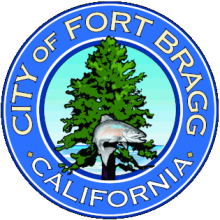Kansas City's Digital Equity Journey - Episode 648 of the Community Broadband Bits Podcast

In this episode of the podcast, Chris sits down with Tom Esselman of DEPO-KC to explore how Kansas City is meeting the digital equity challenge with grassroots action, local partnerships, and nonprofit leadership.
They trace the city’s long digital inclusion journey—from the arrival of Google Fiber and early federal initiatives to today’s uncertain funding landscape.
Tom shares powerful personal stories of connection, community trust, and workforce development that reveal why local, relationship-driven work remains central to closing the digital divide.
This show is 40 minutes long and can be played on this page or via Apple Podcasts or the tool of your choice using this feed.
Transcript below.
We want your feedback and suggestions for the show-please e-mail us or leave a comment below.
Listen to other episodes or view all episodes in our index. See other podcasts from the Institute for Local Self-Reliance.
Thanks to Arne Huseby for the music. The song is Warm Duck Shuffle and is licensed under a Creative Commons Attribution (3.0) license


